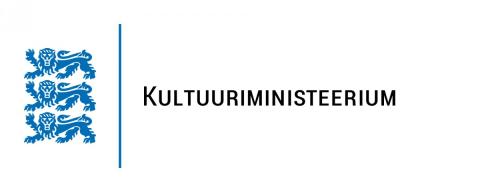The adaptation program trainings are conducted both in contact and online form. Contact trainings are offered at least 30% of the time. If possible, we organize contact trainings up to 50% in volume, but we shape the final proportion between online and contact trainings according to the spread of the COVID19 virus and the expectations and needs of the target group. The trainings take place in separate Ukrainian and Russian-speaking groups, and we offer at least 10% of Ukrainian-language trainings. When conducting trainings, we consider the different needs of the participants. Therefore, we offer contact training in different locations (cities, settlements), if necessary and by agreement, also in state temporary accommodation. We offer both contact training and online training at different times, including both weekdays and weekends, in order to offer a suitable participation opportunity for both the unemployed and the recipient of temporary protection. When organizing contact trainings, we take into account the nationally published statistics in order to offer trainings precisely in those cities and settlements where, according to official statistics, Ukrainians are mainly located. The training is free for participants.
The topics of the trainings are:
- Legal information related to stay in Estonia, including the conditions for granting and extending a residence permit and other bases for legal residence in Estonia;
- Rights and obligations of the recipient of temporary protection during his stay in Estonia;
- An overview of the services offered to the recipient of temporary protection (including an introduction to the corresponding e-services);
- Employment, labor market services and work culture;
- Coping with everyday life, including finding a place to live, financial literacy, necessary digital skills (including ID card use, mobile ID and Smart ID introduction);
- Health care (including mental health) and social care, including services and subsidies provided by the state and local government;
- Family and children (including children's rights, family allowances, kindergartens and schools, children's hobbies);
- Adults' access to education, including lifelong learning, opportunities to continue education, Estonian language learning;
- Social networks and civic associations (including hobbies, voluntary activities) and leisure opportunities (libraries, nature trails, etc.);
- Overview of the organization of the Estonian state and society;
- Overview of the Estonian language and culture (including folk culture traditions, religion, most important holidays);
- An overview of the Estonian legal space, i.e. how to behave in accordance with public order.
